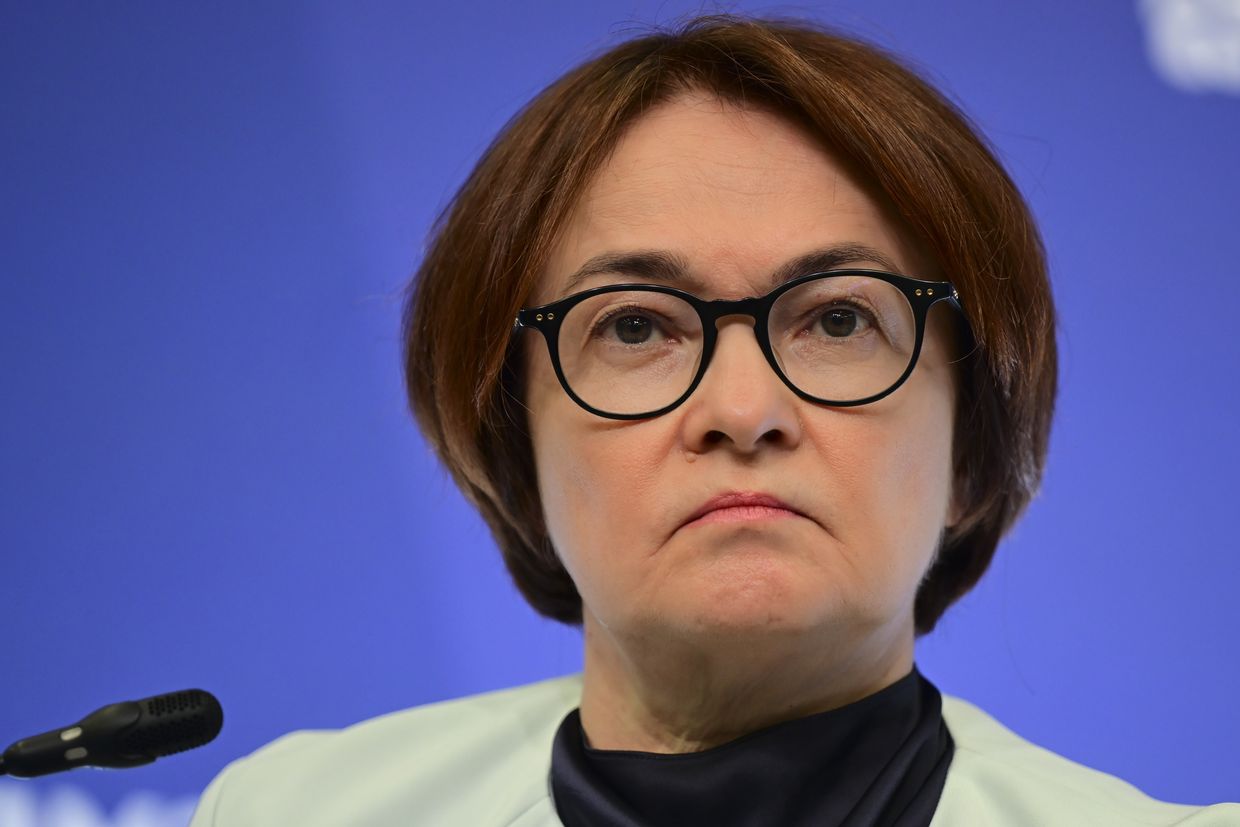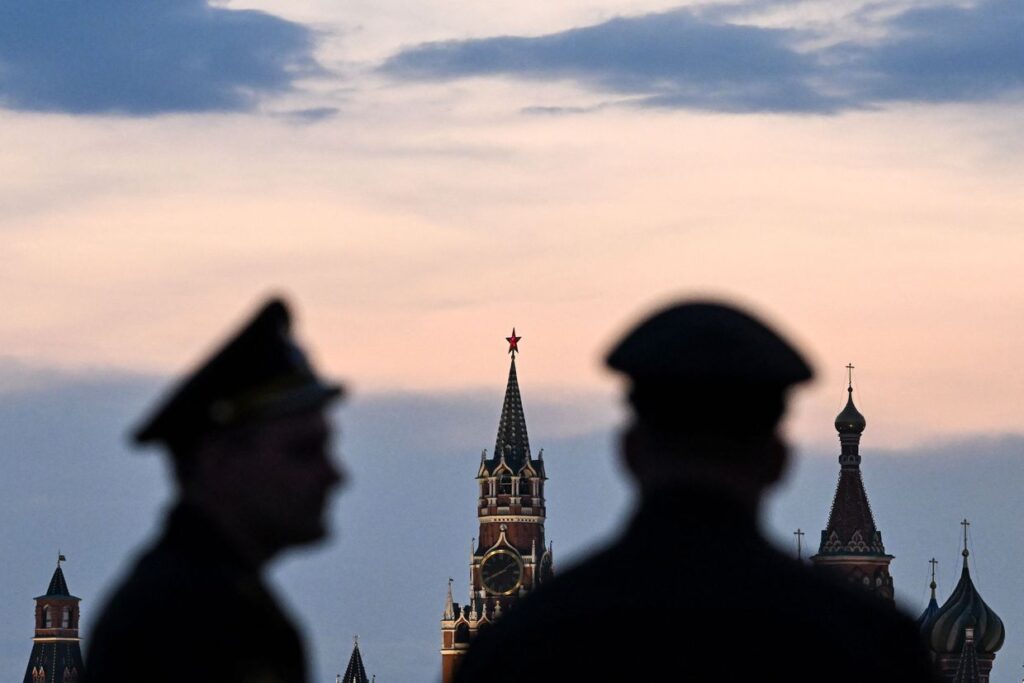The Financial Times reported on December 26 that Russian shoppers continue to have access to Western luxury brands despite sanctions imposed after the country’s full-scale invasion of Ukraine.
An industry of private buyers, resellers and cross-border smugglers has emerged, allowing wealthy Russians to circumvent regulations.
The European Union limits legal sales of luxury goods to Russia to items priced at 300 euros (approximately 31,000 yen) or less, far below the typical price of high-end fashion.
Customs records reportedly show that trade is being diverted through intermediaries in countries where such sanctions do not apply. In September, more than 300 Italian-made Bottega Veneta handbags, each costing an average of $1,800, were shipped from Dubai to Russia by a Chinese reseller.
Western designer brands are still available in Russia, with Moscow retail consultancy IBC Real Estate pointing out that half of the major brands in existence in 2020 were still releasing new collections. Some companies are adjusting their offerings to avoid sanctions.
Sanctions accelerated the boom in intermediary services. A private buyer in Italy told the Financial Times that he sends 10 to 20 packages a week to Russia, earning fees of up to 6,000 euros ($6,238).
Latvian customs authorities reported that since the beginning of the year, they have rejected 60 shipments of luxury goods with suspiciously low declared prices. Brokers often disguise packages as personal purchases by removing tags or changing packaging.
The practice carries risks for Western companies, which could be held liable for export violations if their products reach Russia.
BMW announced on December 23 that it had fired an employee involved in the export of more than 100 luxury cars from Germany to Russian buyers in violation of sanctions. Russian oligarchs also illegally imported a $110 million Airbus A320neo from the EU in defiance of sanctions, the Moscow Times reported earlier this year.
Russia’s inflation rate has reached its highest level in 2020 due to soaring war costs and food prices, Rosstat announces
The Moscow Times reported on December 25, citing information from Russia’s State Statistical Service (Rosstat), that Russia’s inflation rate has reached its highest level in about a year due to soaring war costs and food prices.




